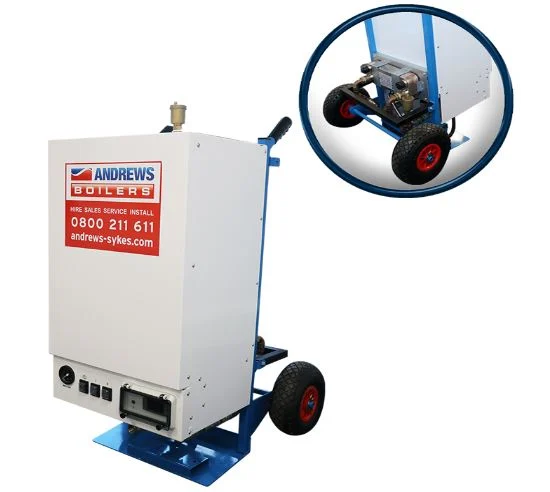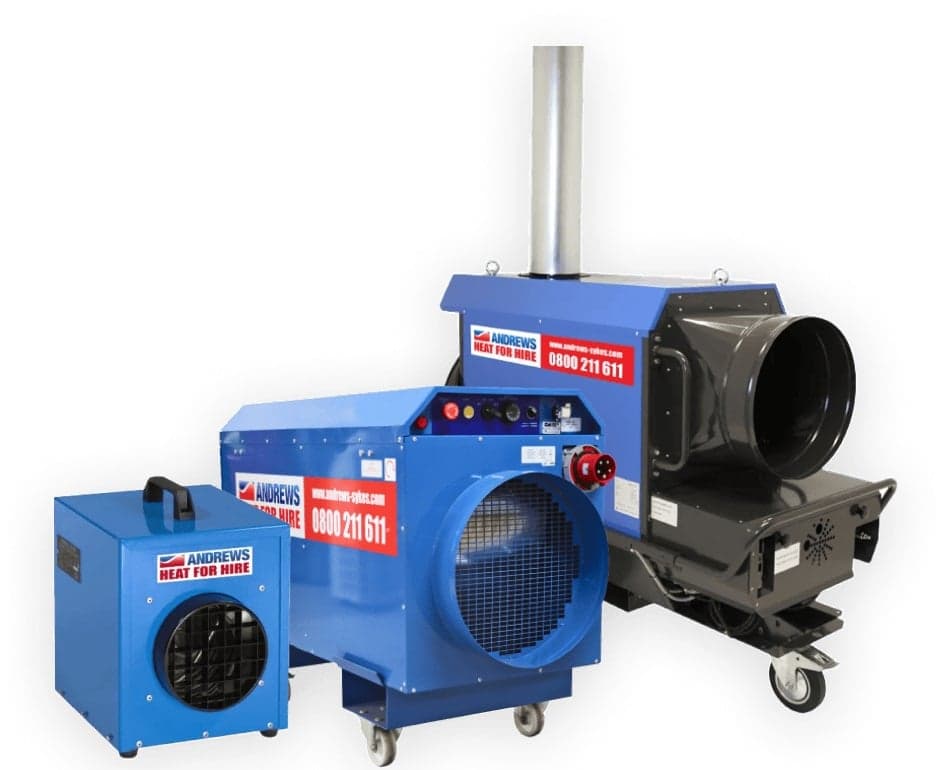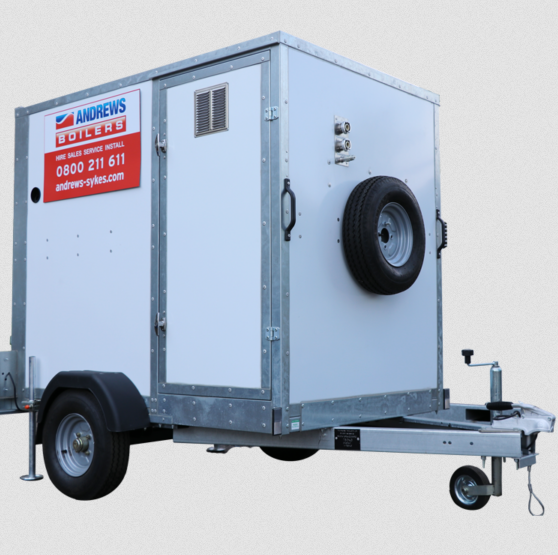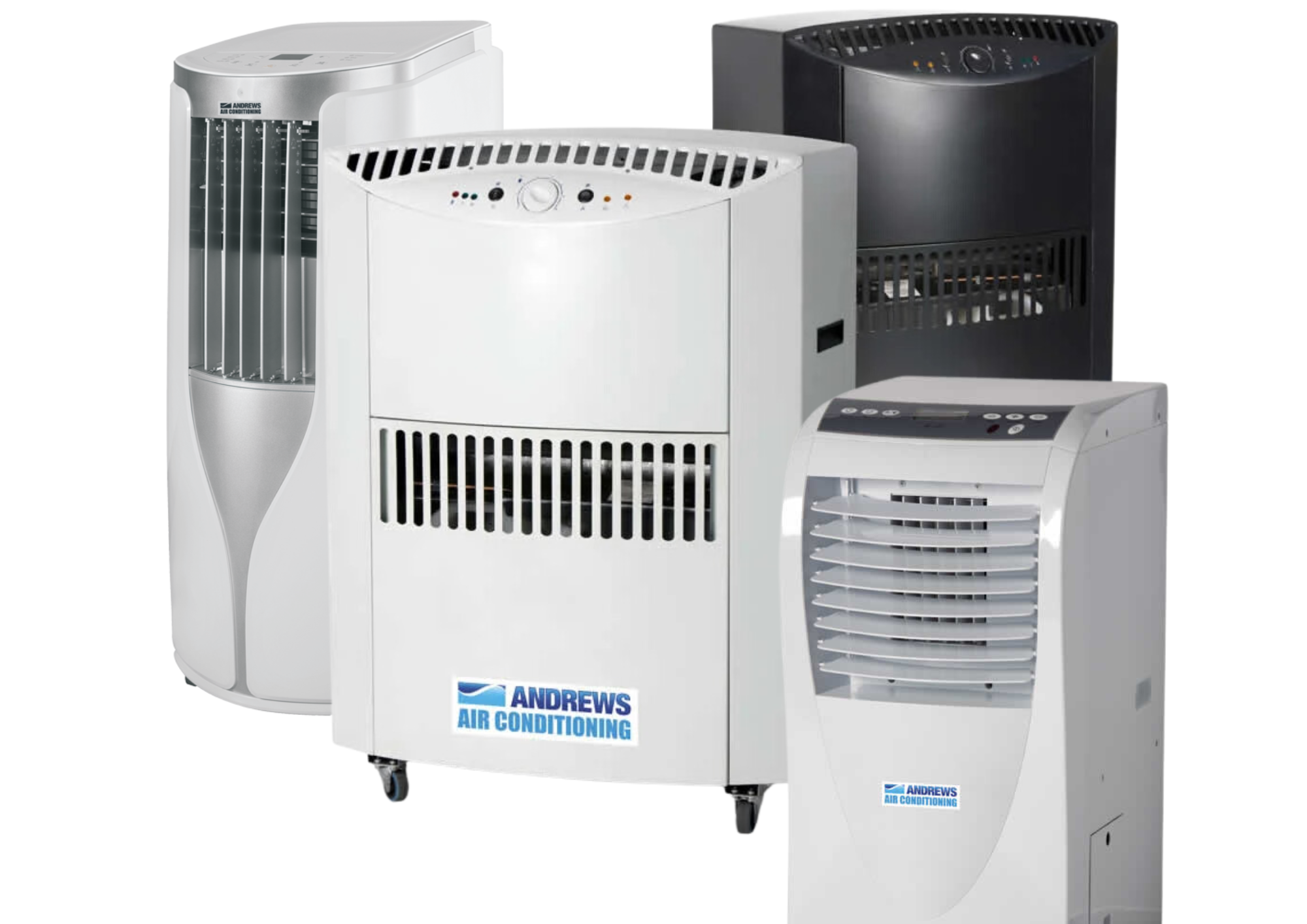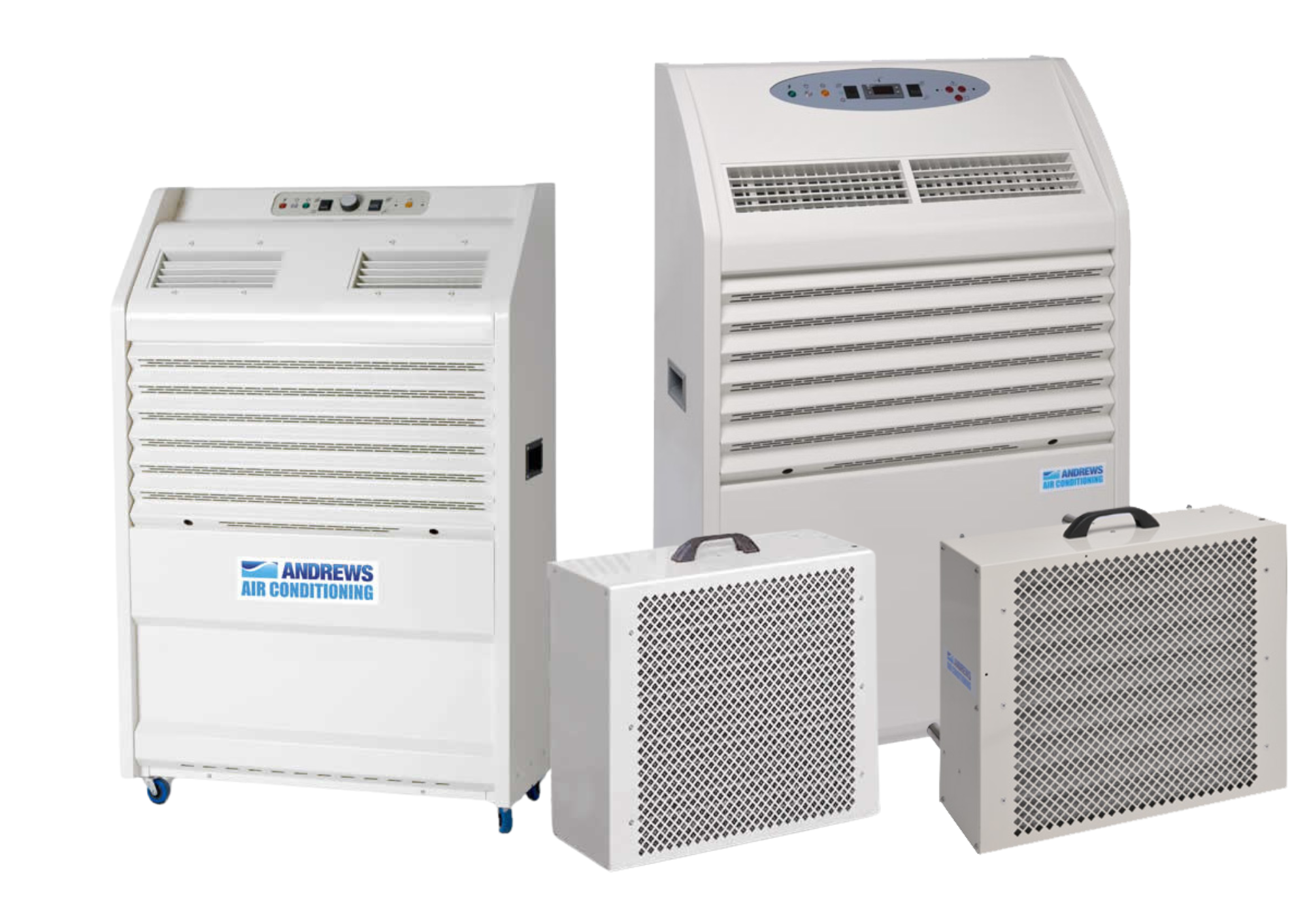The 8 Most Important Factors to Consider When Buying an Industrial AC Unit
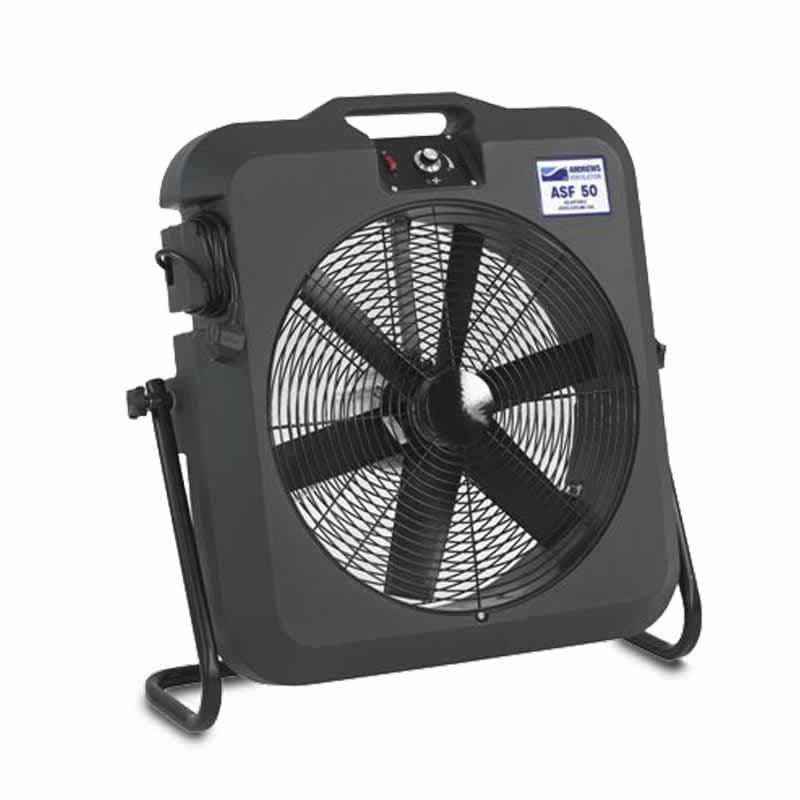
Strong 8k brings an ultra-HD IPTV experience to your living room and your pocket.
When it comes to maintaining a comfortable environment in large facilities, choosing the right industrial air conditioning unit is crucial. The decision to invest in such equipment involves a multitude of factors that go beyond mere cost. Understanding these aspects can significantly influence the efficiency, longevity, and overall satisfaction with the system. This article will explore the eight most important factors to consider when purchasing an industrial air conditioning unit, ensuring that businesses make informed decisions that cater to their specific needs.
1. Assessing Cooling Capacity
One of the primary considerations when purchasing an industrial air conditioning unit is its cooling capacity, often measured in British Thermal Units (BTUs). The correct unit must be able to handle the cooling load of the space it is intended to serve. A personal experience shared by a warehouse manager illustrates this point well; they initially underestimated the cooling requirements for their expansive facility, leading to inadequate cooling and discomfort for employees. By conducting a thorough assessment of the space, including factors like ceiling height, insulation, and equipment heat output, the manager was able to select a unit that provided optimal comfort.
A professional assessment can help determine the appropriate BTU rating needed for the specific environment, ensuring that the chosen unit is neither over nor underpowered. An oversized unit may cool the space quickly but will cycle on and off frequently, leading to increased wear and tear, while an undersized unit will struggle to maintain the desired temperature, resulting in inefficiencies and higher energy costs.
2. Energy Efficiency
In today's environmentally conscious world, energy efficiency is a vital factor to consider. Industrial air conditioning units come with various energy efficiency ratings, with the SEER (Seasonal Energy Efficiency Ratio) being one of the most common metrics. Units with higher SEER ratings consume less energy, leading to significant cost savings over time. A manufacturing facility that recently upgraded to a high-efficiency air conditioning system shared its satisfaction with the substantial reduction in its monthly energy bills. This upgrade not only improved their bottom line but also showcased their commitment to sustainability, enhancing their reputation in the industry.
Investing in energy-efficient models may have a higher upfront cost, but the savings on energy bills and potential tax incentives can provide excellent returns on investment. Furthermore, energy-efficient units often operate more quietly and provide consistent cooling, contributing to a more pleasant working environment.
3. Maintenance Requirements
Every industrial air conditioning unit will require maintenance, but the frequency and complexity can vary significantly between models. Understanding the maintenance requirements of a unit before purchasing it is essential for long-term satisfaction. For example, some units may require more frequent filter changes or specialised servicing, leading to additional costs and downtime. A facility that opted for a low-maintenance unit reported enjoying uninterrupted operations and reduced labour costs associated with upkeep.
Before committing to a purchase, businesses should research the maintenance needs of various units and consider how those needs align with their operational capabilities. Investing in a unit that fits seamlessly into the existing maintenance schedule can save time and resources while ensuring consistent performance.
4. Installation and Space Considerations
The installation process can significantly impact the overall cost and efficiency of an industrial air conditioning unit. Before making a decision, businesses should evaluate the available space and the installation requirements of the chosen unit. Some models may require extensive ductwork or specific structural modifications, while others are designed for simpler installations. A local factory's experience exemplifies this; after selecting a unit that required extensive modifications, they faced unexpected delays and costs, disrupting operations.
Consulting with HVAC professionals can provide insights into the installation process, helping businesses to select a unit that fits their building's layout and minimises disruption. Additionally, considering the placement of the unit can optimise airflow and efficiency, further enhancing performance.
5. Durability and Build Quality
Industrial environments can be demanding, and the durability of an air conditioning unit is paramount. Factors like operating conditions, exposure to dust, and temperature fluctuations can affect the longevity of the unit. It is essential to choose a model built with robust materials and designed to withstand the rigours of industrial settings. A logistics company that invested in a rugged unit for their warehouse reported significant improvements in reliability, noting that their previous systems frequently failed under challenging conditions.
When evaluating potential units, businesses should look for models with proven track records of performance in similar environments. Additionally, warranties and service agreements can provide peace of mind, ensuring that any unforeseen issues are addressed promptly.
6. Noise Levels
In many industrial settings, noise can be a significant concern, impacting employee comfort and productivity. When selecting an industrial air conditioning unit, it is essential to consider the noise levels produced during operation. Units designed with quieter technology can create a more conducive working environment, reducing distractions and enhancing focus. A factory that previously struggled with excessive noise from its cooling systems found that opting for quieter models led to improved employee satisfaction and productivity.
Before making a decision, businesses should review the noise ratings of various units and consider the impact of sound on their specific environment. Investing in quieter options can yield benefits that extend beyond mere comfort, contributing to overall workplace morale.
7. Brand Reputation and Support
The reputation of the manufacturer and the level of customer support offered should not be overlooked. Established brands with a history of reliability and customer satisfaction can provide confidence in your investment. A construction firm shared their experience of purchasing an air conditioning unit from a lesser-known brand, only to face difficulties with installation and support. Conversely, businesses that choose reputable manufacturers often report better experiences, with responsive customer service and readily available replacement parts.
When researching options, it is advisable to look for reviews, testimonials, and industry recommendations to ensure that the chosen brand aligns with the expectations for performance and support.
8. Cost and Budget Considerations
Finally, the overall cost and budget available for the purchase of an industrial air conditioning unit are critical factors. While it may be tempting to opt for the cheapest option, it is essential to consider the long-term implications of that choice. A lower-cost unit may have higher operating costs, frequent maintenance needs, or a shorter lifespan, ultimately leading to higher expenditures.
A manufacturing plant that initially chose a budget unit later regretted that decision when it faced escalating repair costs and inefficiencies. By investing in a quality unit with a higher upfront cost, they were able to realise greater savings over time. Therefore, while staying within budget is important, businesses should weigh the initial costs against potential long-term savings and benefits.
Final thoughts
Selecting the right industrial air conditioning unit is a significant decision that requires careful consideration of various factors. By assessing cooling capacity, energy efficiency, maintenance requirements, installation needs, durability, noise levels, brand reputation, and overall costs, businesses can make informed choices that enhance their operational efficiency and comfort.
For those looking to explore high-quality options tailored to their specific industrial needs, Andrews Sykes offers a wide range of reliable air conditioning solutions. Investing in the right industrial air conditioning unit is not just about cooling; it's about creating a productive environment that supports business success
Note: IndiBlogHub features both user-submitted and editorial content. We do not verify third-party contributions. Read our Disclaimer and Privacy Policyfor details.



